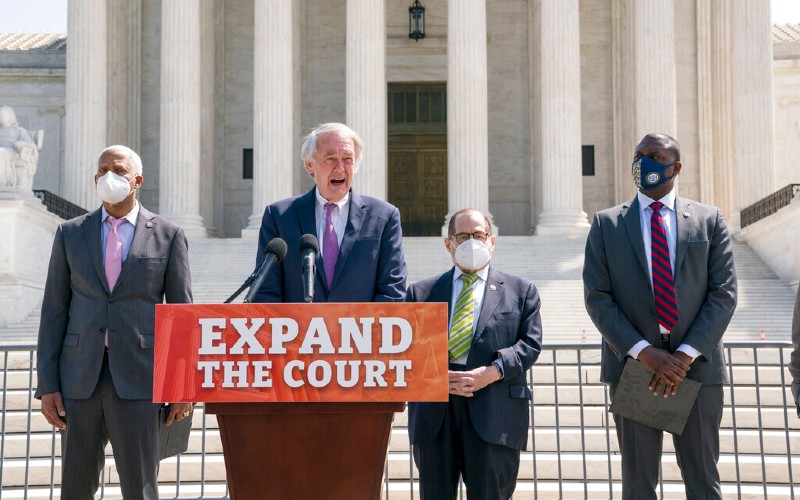In a 113-page ruling on Thursday, U.S. Judge Robert Pitman called the Texas Heartbeat Act an offensive deprivation of a constitutional right. The law bars most abortions once a baby's heartbeat is detected, which can be as early as six weeks into pregnancy. The law also allows any private citizen to sue Texas abortion providers who violate the law, as well as anyone who "aids or abets" a woman getting the procedure. Abortion patients themselves, however, cannot be sued.

Kimberlyn Schwartz of Texas Right to Life isn't surprised by Pitman's actions.
"Judge Pitman is an Obama-nominated judge – and although he does not have a record on abortion cases, this district court has a long legacy of catering to the abortion industry, bending over backwards to give them any ruling that they want and then trying to justify that later on with any logic that they can try to shoehorn in," Schwartz shares.
"We do expect a fair shake at the Fifth Circuit Court of Appeals, and the state of Texas has actually already appealed this case to the Fifth Circuit," adds Schwartz, who isn't alone in her optimism.

"We're very confident that the Fifth Circuit will not just rule pro-life but rule pro-law," Mary Elizabeth Castle of Texas Values tells AFN. "They will see that this is a solid piece of legislation that should not have been stopped or stayed; and we're very confident that the Texas Heartbeat law will continue to save lives."
Joe Pojman of Texas Alliance for Life is also optimistic that the Fifth Circuit will rule in favor of the Heartbeat Act.

"Regardless … the Texas legislature should be commended for providing tremendous resources to any woman with an unplanned pregnancy in terms of alternatives to abortion," Pojman says. "The legislature is spending $100 million over the next two years to help any woman with an unplanned pregnancy so she doesn't even have to consider abortion."
Late Thursday, The Associated Press reported that abortions quickly resumed in at least six Texas clinics after Pitman halted the law; but that other physicians remained hesitant, afraid the court order would not stand for long and thrust them back into legal jeopardy.
Texas Right to Life implies that's likely a wise decision, pointing out that abortion providers can still be held liable for any abortions they commit today.
"They might argue [that they] were protected by this temporary restraining order," explains Schwartz. "However, if that ruling is later overturned, citizens can retroactively sue for those abortions that might take place today …. The law says [claiming protection under a TRO is] not a good argument for killing a pre-born child."
In August, the Fifth Circuit canceled a hearing on the Heartbeat Act and denied motions to intervene. The U.S. Supreme Court then declined an emergency request in September to block the law from taking effect.







